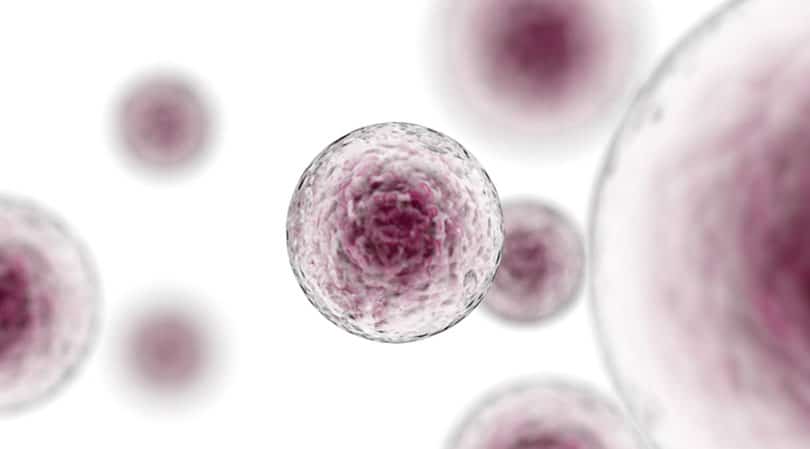You’ve likely heard of the term mesenchymal stem cells, but chances are you haven’t heard of mesenchymal signaling cells. The term mesenchymal stem cell was coined back in the 1970’s by Dr. Arnold Caplan, the scientist who is credited with discovering these cells. Dr. Caplan is now a professor of Biology at Case Western Reserve University and is referred to by many as the father of mesenchymal stem cells.
Why Calling These Cells Stem Cells Isn’t Actually 100% Correct
For many years these cells were always referred to as mesenchymal stem cells, but Dr. Caplan later in his career said that he made a mistake and that these actually aren’t stem cells. He instead started calling them mesenchymal signaling cells. He found that these signaling cells actually didn’t change into the issue when injected, instead they trigger a chain reaction that triggers healing proteins. In fact typically 1-4 weeks after the initial procedure, these MSC cells can no longer be found in the body. This is because they’ve changed, which is why Dr. Caplan prefers for these cells to be called signaling cells as opposed to stem cells. While the industry most definitely still refers to these by and large as stem cells, we thought it was important to educate our patients about the origin of MSCs and help you to better understand what these cells are doing in your body.
Dr. Caplan Continuing to Work on Innovations in Medicine
While Dr. Caplan still continues to work with MSCs and regenerative medicine, he’s currently focused on cartilage tissue engineering at Case Western Reserve University. He’s hoping to be able to produce engineered cartilage products that can serve all of the functions of the damaged tissue.
We Commend Dr. Caplan and His Efforts to Advance the Field of Regenerative Medicine
At the Michigan Center for Regenerative Medicine, we commend Dr. Arnold Caplan for all his work in the field of regenerative medicine. Without his breakthroughs into this innovative field several decades ago, we probably wouldn’t be where we are today. Just like Dr. Caplan, we’re always looking at the latest in technologies surrounding regenerative medicine to ensure we’re providing the highest level of care to our patients. To learn more about MSCs as well as regenerative medicine, don’t hesitate to reach out to our team today at (248) 216-1008.
